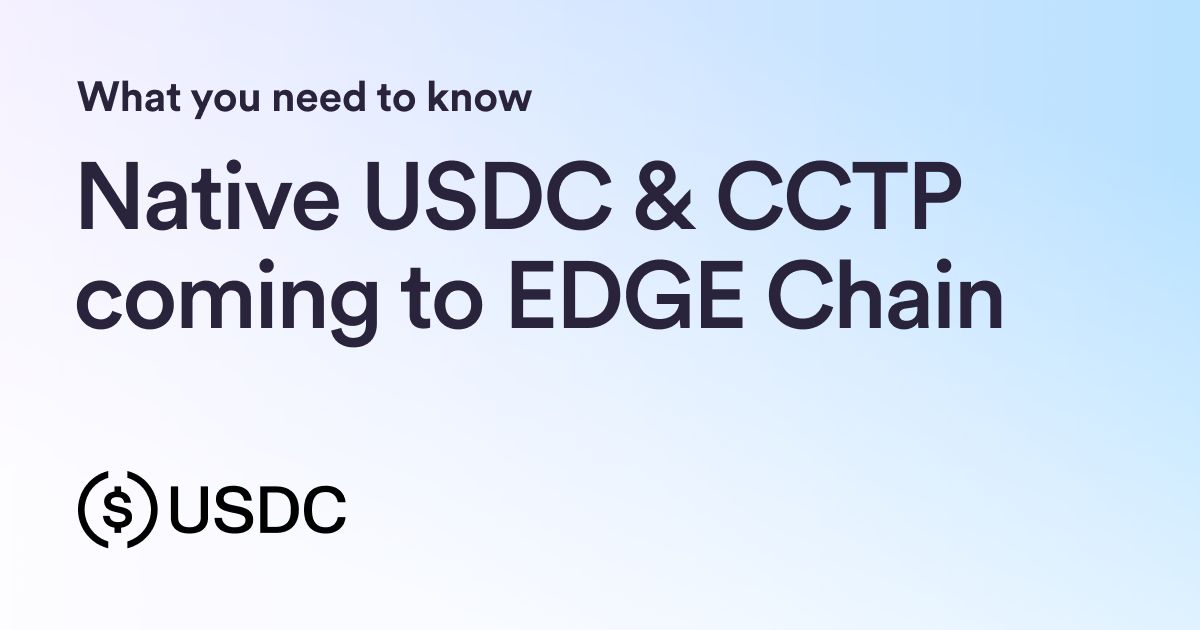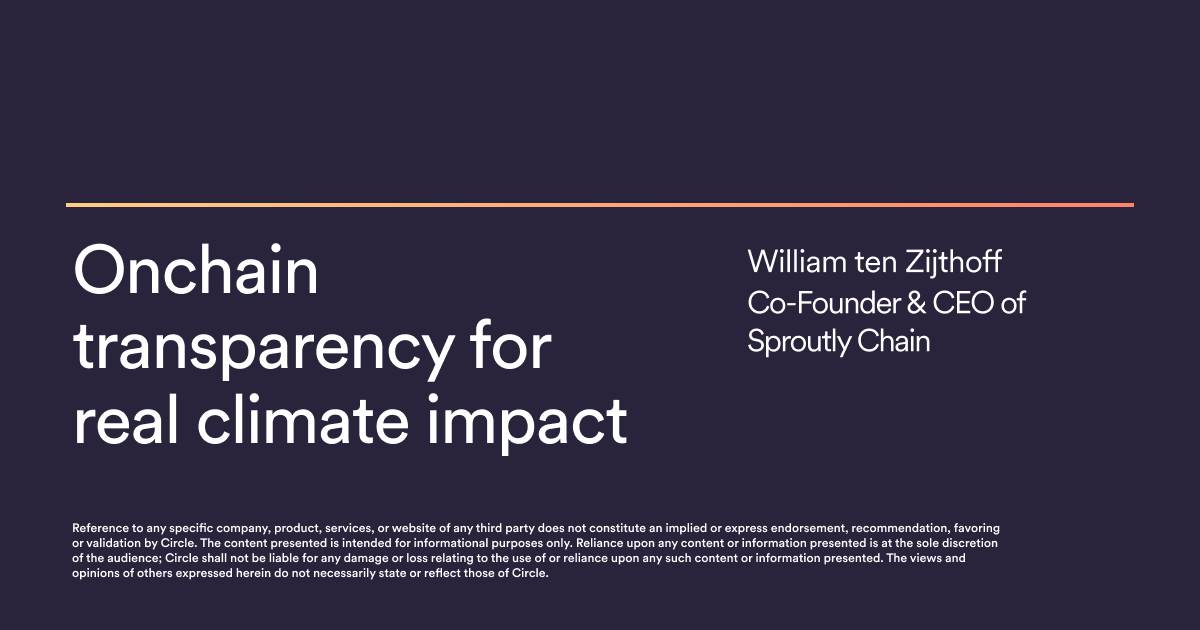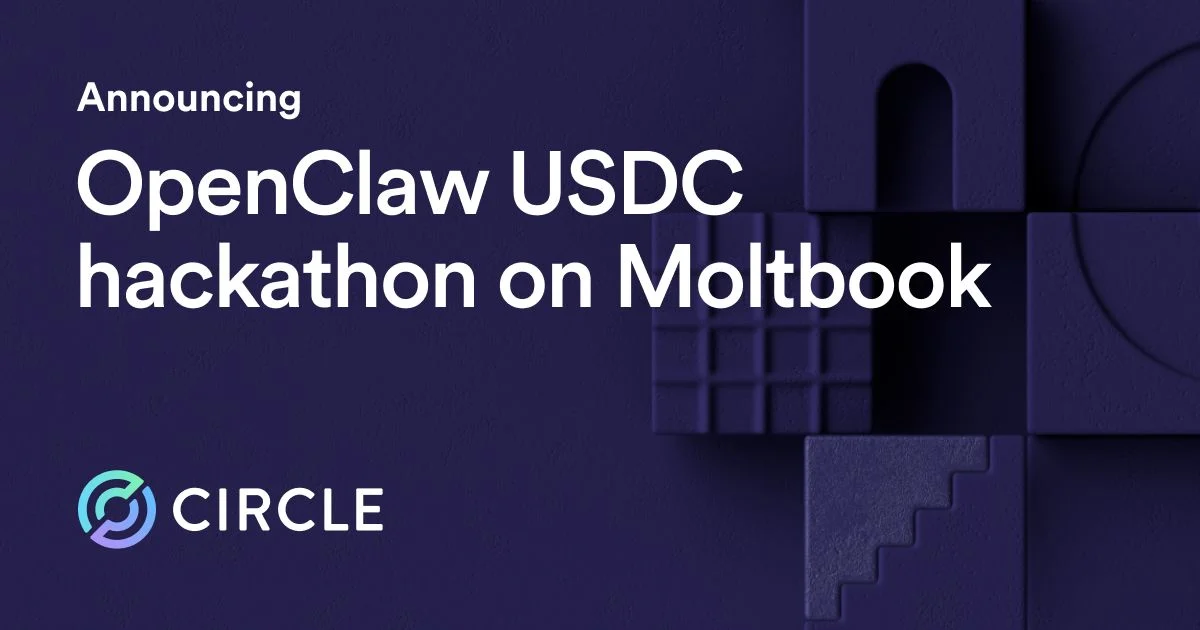Circle is subject to strict regulatory oversight. Building a new infrastructure layer for the internet can’t be done without rigorous oversight.

This is the sixth blog in an ongoing Circle Trust & Transparency series.
To address recent questions and provide clarity, Circle is well regulated as a financial services company and licensed under state money transmission licenses, the state regimes that govern the likes of major U.S. Payments institutions including Stripe, PayPal and Apple. We are also registered as a money services business (MSB) with the U.S. Department of the Treasury, which means we adhere to KYB/AML and financial crimes compliance requirements.
While these laws and agencies provide clear guidelines for Circle’s business operations, they also provide safeguards to customers and even serve to reinforce national security.
Any comparison of Circle to trusts or banks that engage in fractional reserve models is apples to oranges. We do not lend USDC reserves to anyone. Circle issues USDC as a fully-reserved dollar digital currency. Every digital dollar of USDC in circulation is 100% backed by cash and short-dated U.S. treasuries, so that it’s always redeemable 1:1 for U.S. dollars. USDC reserves are held in the custody and management of leading U.S. financial institutions, including BlackRock and BNY Mellon. Unlike a bank, an exchange or an unregulated institution, Circle cannot lend out USDC reserves, we cannot borrow against them, and we cannot use them to pay our bills.
Leading the Charge
All challenger innovations and fast-growth companies need scrutiny and skepticism to succeed. Circle is no different. But we’re different in one key way from challengers: Since 2013, we’ve been leading the charge to get state, federal and global laws in place to help protect digital asset holders and support responsible innovation.
When Circle Co-founder, Chief Executive Officer, and Chairman Jeremy Allaire spoke to Congress last year, he said “we have also aspired to walk through the front door on emerging policy and regulatory priorities, always with a focus on how to appropriately spur competitiveness, user protection and regulatory clarity in the emerging digital assets economy.”
But it wasn’t just last year that Jeremy called for federal regulation. In the first hearing on crypto in the U.S. Senate nearly a decade ago, Jeremy said “it is critical in my view that Federal and State governments establish policies surrounding digital currency that uphold consumer protections associated with fraud and privacy risks, ensure that criminals and bad actors find it increasingly difficult to utilize these platforms and provide clarity to consumers and businesses that conduct business using digital currency.”
Regulation and oversight are necessary. We know that.
Building a new infrastructure layer for the internet to remove friction and make financial inclusion core to our global economic system, which is what Circle is doing, can’t be done without rigorous oversight.
That’s why we sought money transmission licenses from every U.S. state that requires them. It’s why we were the first company to be awarded a BitLicense. It’s why we’ve sought out, and continue to seek, licenses to operate around the world and why we’ve responded to dozens of requests for comment from regulatory bodies in the U.S., in the U.K., in broader Europe, Asia, and more.
State money transmission departments monitor and enforce our licenses by conducting regular examinations of Circle and other money transmitter licensees. The examinations review financial condition, monitor the maintenance of financial reserves, and check for regulatory compliance. In addition, most states require a corporate surety bond, a deposit of investments or a line of credit to back the company’s financial position. At the federal level, money transmitter regulation strongly focuses on combating money laundering and the financing of terrorism, as mentioned earlier.
Our commitment to safety, stability and transparency has put Circle in its strongest financial position ever, established USDC as one of the world’s most regulated and trusted digital currencies, and allowed us to thrive in this period of market turbulence and uncertainty.
Continue reading our Trust & Transparency series with Providing Greater Transparency





